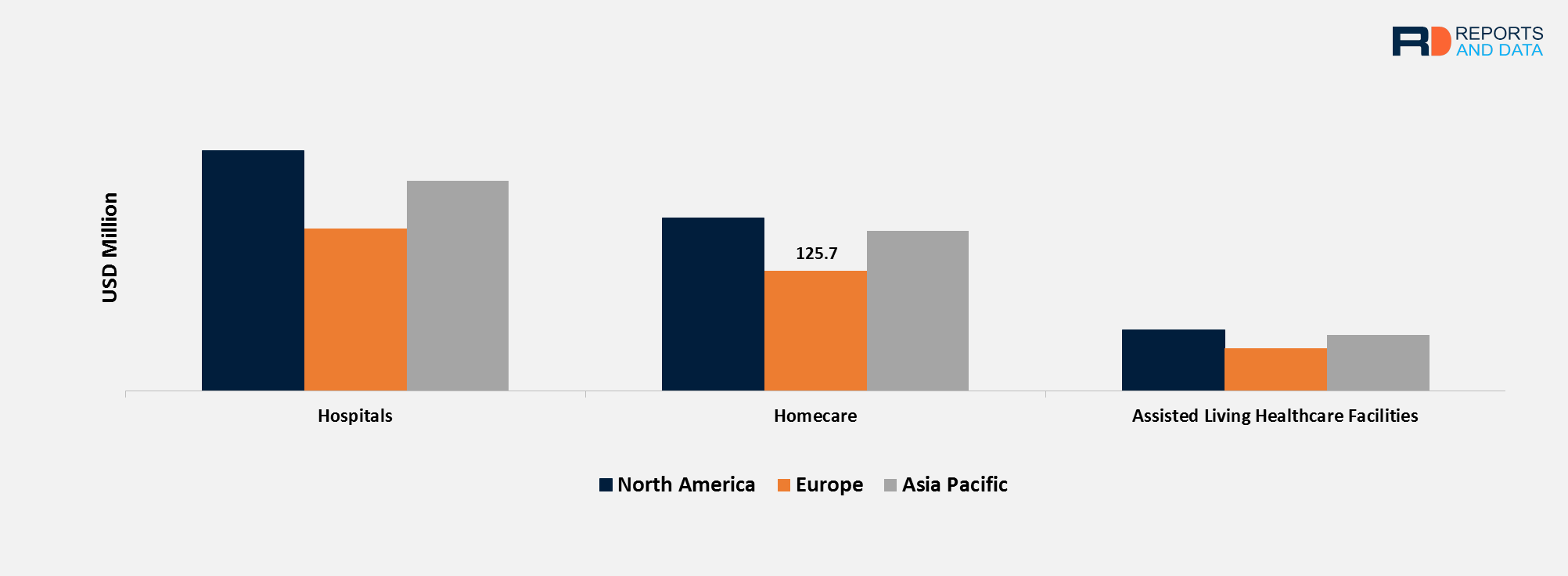

Following the approval, Mylab had partnered with biotech giant Serum Institute of India and local firm AP Globale.Īs COVID-19 cases surge exponentially amid the second wave, the startup has recently introduced new mobile testing labs across India to help meet COVID-19 testing demand. The molecular diagnostics startup’s Mylab PathoDetect COVID-19 Qualitative PCR kit was among the first in the country to receive commercial approval from the Central Drugs Standard Control Organisation (CDSCO) last year. Mylab Discovery Solutions is one such startup. While established biotech firms continue to innovate, India’s startup ecosystem is also gearing up to fight the COVID-19 pandemic. Over the past year, many of these solutions have become commercially available for frontline workers, clinical labs, as well as home use. These trends indicate that the demand for PCR and RT-PCR testing kits could increase exponentially in the near future.Īcross the country, biotech companies are rising to the challenge and developing novel COVID-19 testing solutions. However, compared to March last year when the pandemic began in India, the daily reported cases have gone up by almost four times while testing hasn’t even doubled. The country has ramped up testing capacity significantly since March 2020 to nearly between 1.5 and 2 million as of May 2021. Experts from the Harvard Medical School have pointed out that India’s testing capacity is far short of what is required currently. Across cities and states, reports show that individuals with symptoms of COVID-19 infection have been unable to get themselves tested, with labs completely booked due to extraordinary case load and staff getting infected by the disease. The second wave of the coronavirus pandemic in countries like India has completely overwhelmed the COVID-19 testing infrastructure. Increasing need for PCR and RT-PCR testing kits in Asia amid COVID-19

The advent of cost-effective generic solutions by local vendors has been a key factor behind the rising adoption rate. The market for POC molecular diagnostics in Asia Pacific will also grow on account of increased accessibility and affordability of healthcare facilities. The companies aim to offer personalized diagnosis and treatment for patients with non-small cell lung cancer (NSCLC) with the help of standardized molecular diagnostics and testing for cancer. In May 2021, China’s Genetron Health had collaborated with Siemens Healthineers to advance lung cancer diagnosis and treatment in China.

Leading health tech companies in the region are investing to advance research on molecular diagnostics and its potential in cancer diagnosis. In 2020 alone, the region recorded more than 9.5 million new cancer cases, according to WHO’s International Agency for Research on Cancer. The occurrence cancer has increased significantly in Asia Pacific over the past decade or so. The regional regulators, biotech firms, and diagnostics companies are focusing on facilitating easy access to the latest precision medicine tools and technologies. In Asia Pacific countries, the adoption of POC molecular diagnostics solutions is being influenced by three factors, namely - availability, affordability, and awareness. The Asia Pacific (APAC) region is likely to capture a substantial share of the market, considering the worsening COVID-19 situation in numerous APAC countries and advancing oncological research.Īdvancing research in oncology across the Asia Pacific With increasing need for PCR testing and other equipment amid the COVID-19 pandemic, the global market for POC molecular diagnostics is booming and could reach an annual valuation of nearly $4.8 billion by 2027. It enables physicians to vastly improve the quality of patient care by combining rapid diagnosis with treatment division.
POC MOLECULAR DIAGNOSTICS PORTABLE
POC molecular testing includes portable devices, test kits, and assays used for detecting and diagnosing diseases in human samples such as blood, swab, and serum. Benefits such as ease, convenience, faster turnaround time, and the potential to improve patient outcomes is expanding the application of molecular diagnostics in remote or low-resourced areas. Molecular diagnostics has experienced a major shift from centralized laboratories to decentralized POC testing. The industry has risen to prominence for a number of factors, including the capacity to address a range of applications such as infectious diseases that have historically been difficult to study and diagnose. The point of care (PoC) molecular diagnostics industry has grown immensely over the years, becoming one of the fastest growing fields in medical sector.


 0 kommentar(er)
0 kommentar(er)
